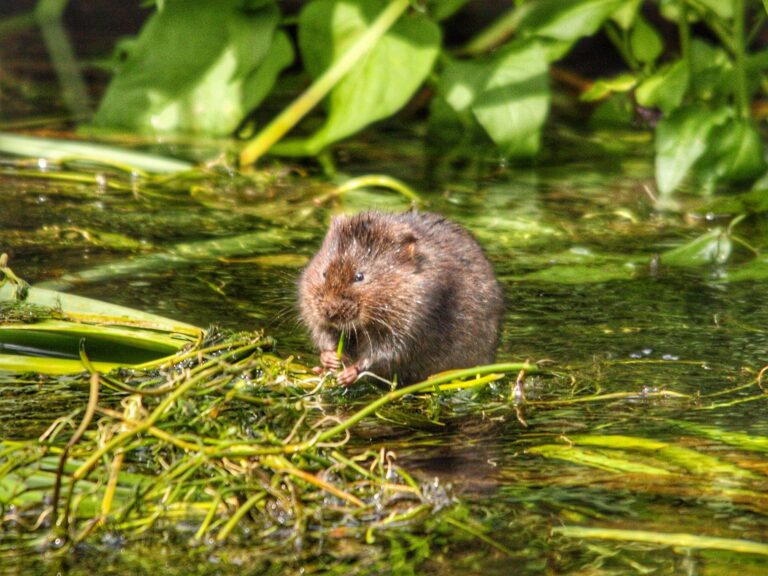Project Description
Conservation genetics theory predicts that when a few founding individuals colonise a vacant habitat they will experience a reduction in genetic diversity through the effects of genetic drift. This should negatively impact the viability of the population and compromise its capacity to adapt to the new environmental conditions. Yet such theory however is somewhat difficult to reconcile with the numerous examples we know of where invasive species have rapidly adapted and spread following introduction, or where small island populations that persisted over long time periods despite being genetically depauperate. Do these suggest that the tenet that substantial genetic variation is necessary for population persistence is wrong? Or does it highlight a complex interplay between how genetic variation erodes across the genome and the relationship this has with phenotypic traits that are adaptively important and ecological meaningful in small, isolated and insular populations?
This PhD project will examine these issues across three parallel rodent study systems comprising brown rats (Rattus norvegicus), black rats (R. rattus) and water voles (Arvicola amphibius) that have been marooned as island relict populations either around the UK or the South Atlantic.
The student will use state-of-the-art, long-read DNA sequencing approaches to characterise the genome-wide landscape of genetic diversity for multiple individuals of each of the three species. These data will then be used to reconstruct the demographic history of the populations, examine how genetic diversity has been eroded across the genome according to gene function and the effects selection, and identify any novel genomic features such as structural variants or Transposable Element (TE) insertions that could explain ecological success. A comparison of patterns both within and between species will then enable the development of a suite of applied genomic assays that can be used for predicting and enhancing population persistence in species of conservation concern.
The project offers outstanding training opportunities in the very latest genomics techniques and bioinformatic and evolutionary analyses, coupled with a programme of broad core and generic skills development that is central to the Quadrat DTP training programme. The student will become part of a dynamic and vibrant multidisciplinary research group and broader postgraduate community, plus have the opportunity to make a major contribution to our understanding of fundamental issues in conservation genetics and species management.
CANDIDATE BACKGROUND
This is a lab-based project suitable for a student with interests in conservation genetics and a background in zoology, evolutionary biology or genetics. Experience with standard laboratory molecular biology procedures (PCR, gel electrophoresis, genotyping) is required, as is confidence using R, Python or equivalent to undertake basic bioinformatic or population genetic analyses.
Photo by Jonathan Ridley on Unsplash
Supervisors
Stuart PiertneyPrimary Supervisor: | Profile: Stuart Piertney Email: s.piertney@abdn.ac.uk Institution: University of Aberdeen Department/School: School of Biological Sciences |
Sarah HelyarSecondary Supervisor: | Profile: Sarah Helyar Email: s.helyar@qub.ac.uk Institution: Queen's University, Belfast Department/School: School of Biological Sciences |
Alex DouglasAdditional Supervisor: | Profile: Alex Douglas Email: a.douglas@abdn.ac.uk Institution: University of Aberdeen Department/School: School of Biological Sciences |
References
Piertney SB, Black A, Watt L, Christie D, Poncet S, Collins MA (2016) Resolving patterns of population genetic and phylogeographic structure to inform control and eradication initiatives for brown rats Rattus norvegicus on South Georgia. Journal of Applied Ecology, 53, 332-339.
Gavan MK, Oliver MK, Douglas A, Piertney SB (2015) Gene dynamics of toll-like receptor 4 through a population bottleneck in an insular population of water voles (Arvicola amphibius). Cons Genetics 16, 1181–1193.
Oliver MK, Piertney SB (2012) Selection maintains MHC diversity through a natural population bottleneck. Molecular Biology and Evolution 29, 1713-1720.
QUADRAT Themes
- biodiversity
- environmental-management






















































